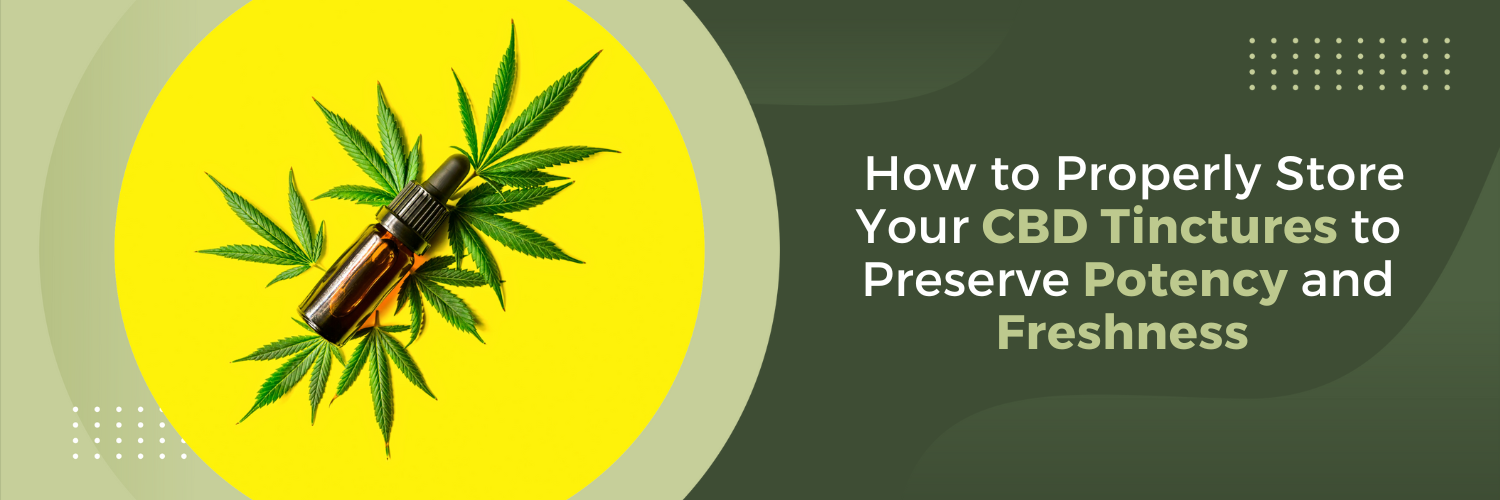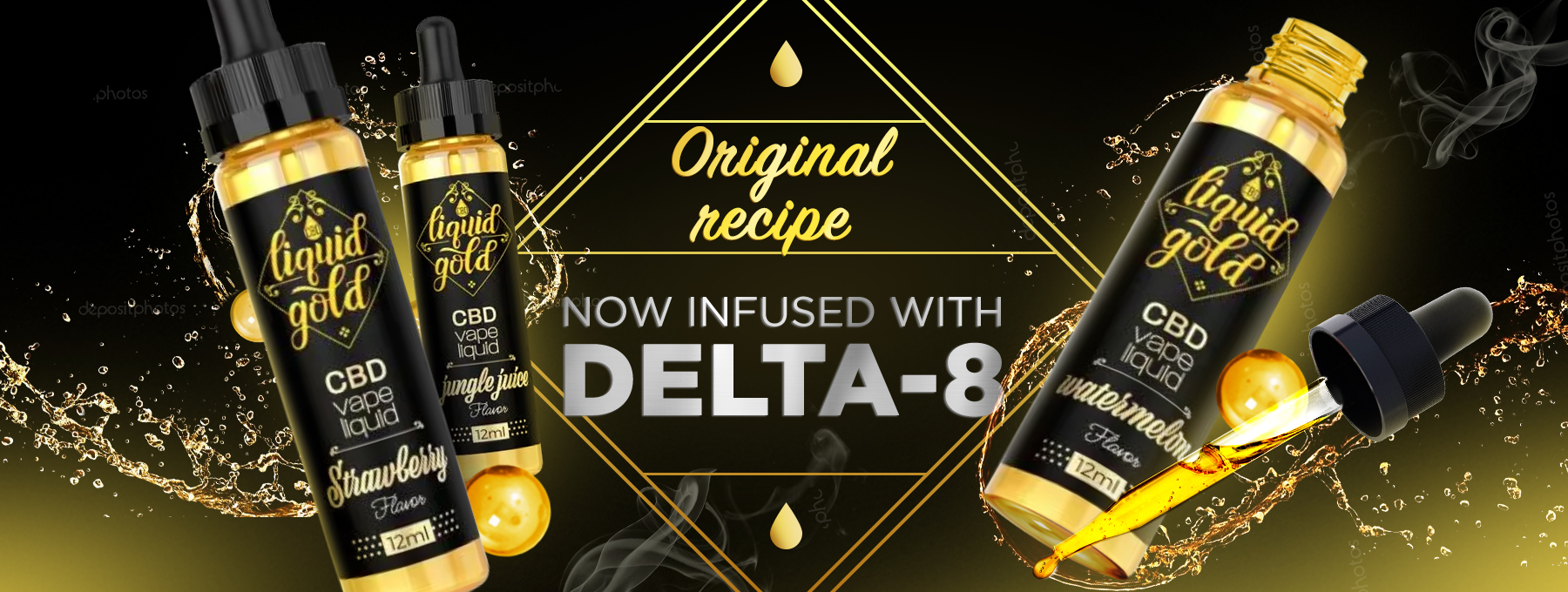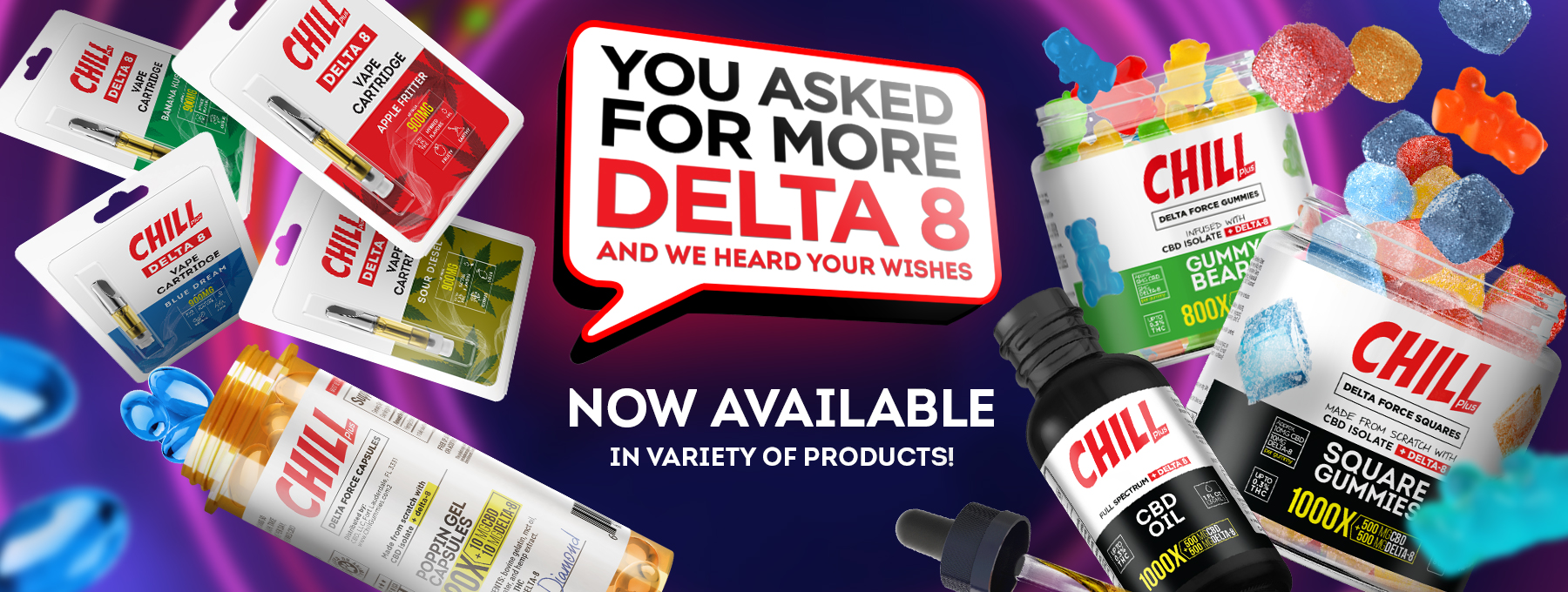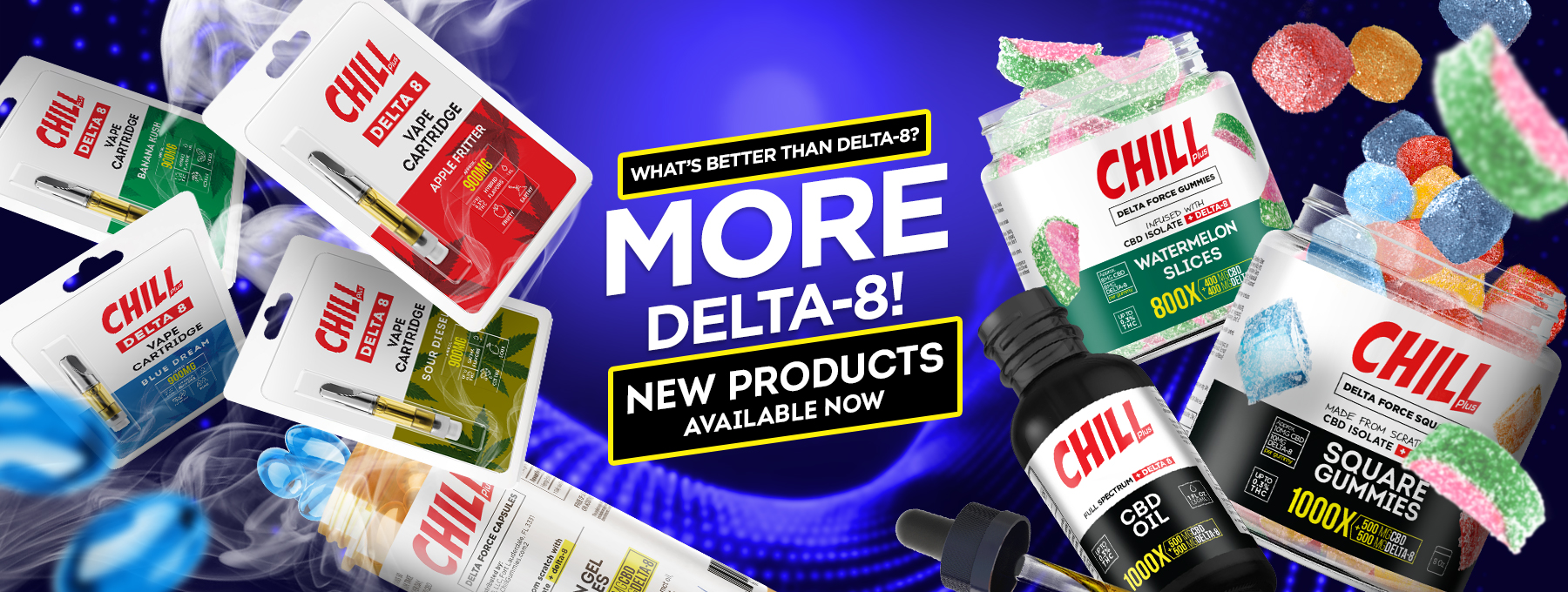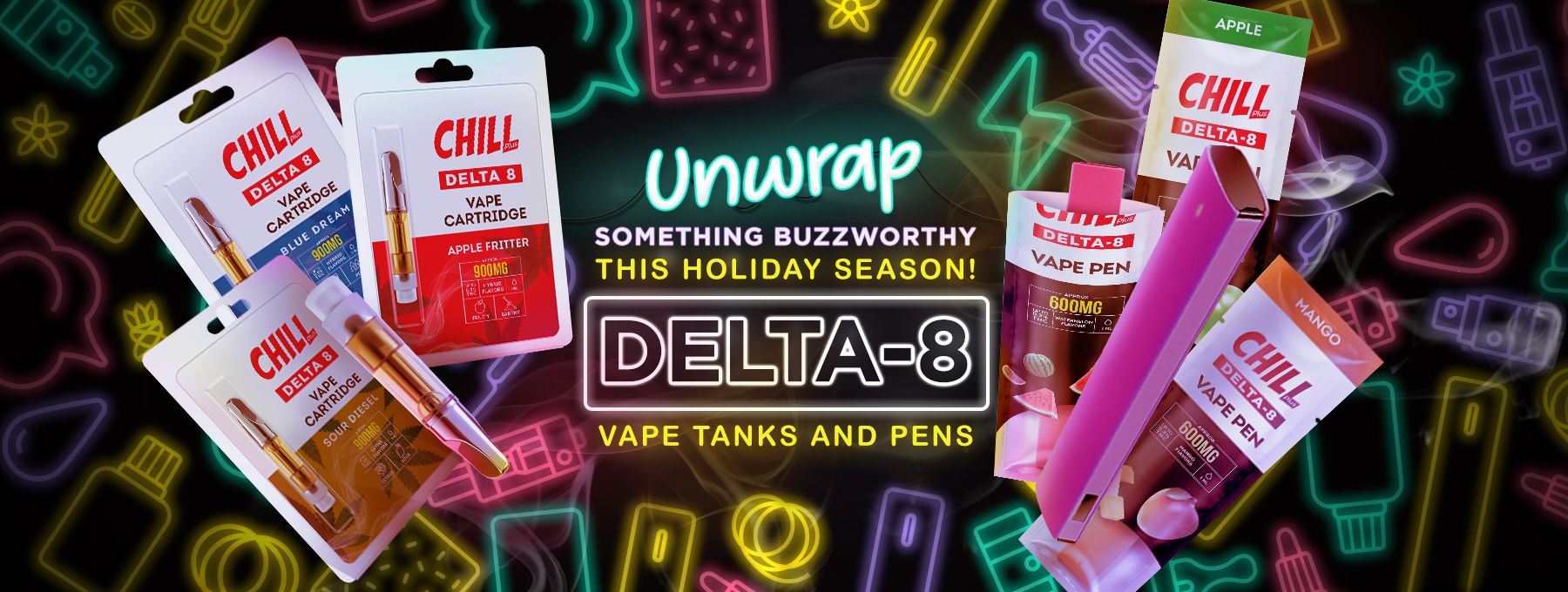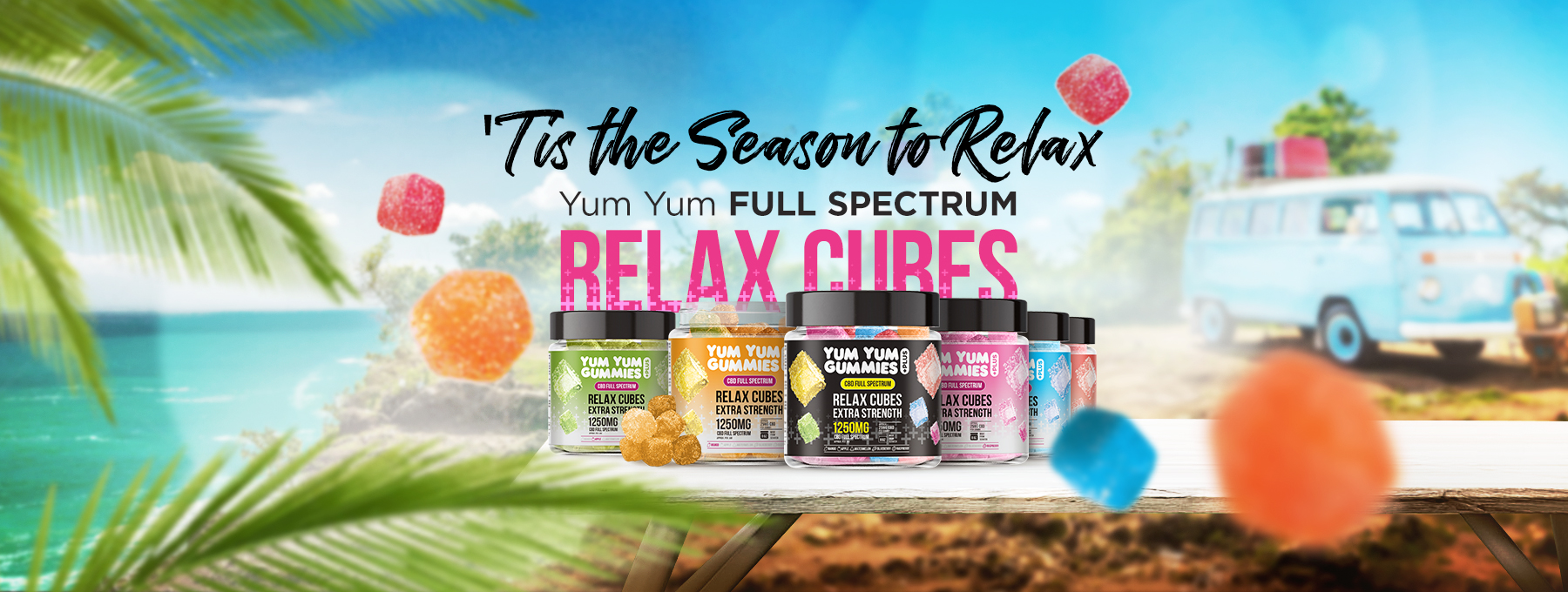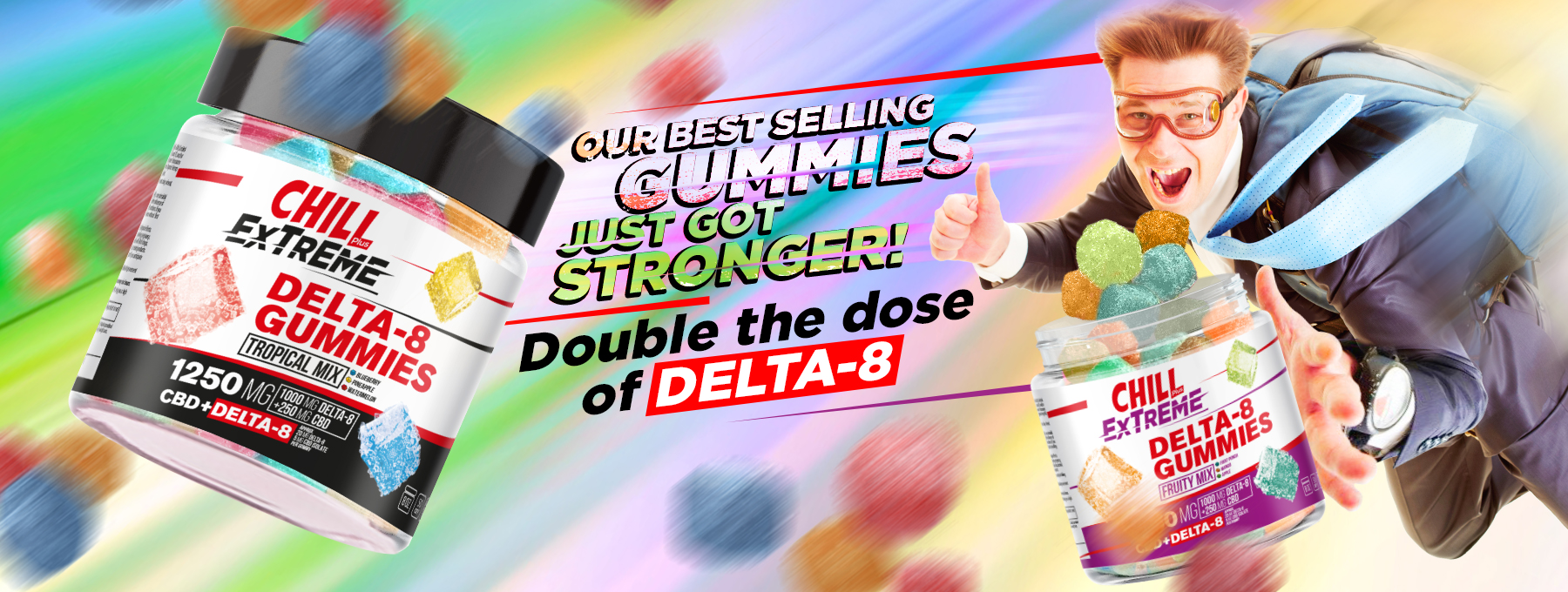CBD Tinctures
CBD tinctures have gained significant popularity as a convenient and effective way to consume cannabidiol. These liquid extracts offer a concentrated form of CBD, making it easier to control dosage and experience its potential benefits. However, to fully reap the rewards of CBD tinctures, proper storage is crucial. The potency and freshness of these products can be affected by various factors, and understanding the importance of storage conditions is essential for maintaining their quality over time.
Factors Affecting CBD Tincture Shelf Life
CBD tinctures typically contain two primary components: CBD extract and a carrier oil, such as MCT oil or hemp seed oil. Both of these constituents can play a role in determining the product’s shelf life. CBD itself can degrade over time, leading to a reduction in potency. Additionally, carrier oils can become rancid, further impacting the overall quality of the tincture.
Several external factors can also affect the potency and freshness of CBD tinctures. Exposure to light is one of the most significant culprits. UV rays can break down the compounds in the tincture, leading to a decline in effectiveness. Heat is another adversary, as it can accelerate the degradation process. Air exposure, which occurs when the tincture bottle is repeatedly opened and closed, may also contribute to the breakdown of CBD molecules.
Best Practices for Storing CBD Tinctures
Choosing the right storage container is the first step in preserving the quality of CBD tinctures. Opt for tinted glass bottles over clear ones, as they provide better protection against light exposure. Dark-colored bottles significantly reduce the amount of UV light that reaches the tincture, helping to maintain its potency.
Ideal storage conditions involve maintaining a consistent temperature and humidity level. Store your CBD tincture in a cool, dark place away from direct sunlight and heat sources like stoves or radiators. Fluctuations in temperature can cause the liquid to expand and contract, potentially leading to leaks or compromising the tincture’s quality.
To avoid common storage mistakes, ensure that the cap is tightly sealed after each use. When not in use, store the tincture in an upright position to prevent leakage and minimize air exposure. Properly store the tincture away from any strong-smelling substances, as CBD can absorb odors, affecting the taste and overall experience.
Extending Shelf Life with Additional Precautions
To further protect CBD tinctures from light exposure, consider using UV-resistant containers. These specialized containers are designed to block UV rays, providing an extra layer of defense against the degradation caused by light.
Regarding temperature, there is an ongoing debate about whether refrigeration or room temperature storage is better for CBD tinctures. Refrigeration may slow down the degradation process, but it could also cause the carrier oil to solidify, making it challenging to administer the correct dosage. Room temperature storage is generally acceptable, provided the tincture is kept away from heat sources and direct sunlight.
Minimizing oxidation and air exposure can also help prolong the shelf life of CBD tinctures. When transferring the tincture from a large bottle to a smaller one, ensure that the new container is filled to the top, reducing the amount of air inside. Additionally, avoid shaking the bottle vigorously, as this can introduce air bubbles, potentially accelerating oxidation.
Storage Guidelines for Different CBD Tinctures
The type of CBD tincture can influence the storage requirements. Full-spectrum, broad-spectrum, and CBD isolate tinctures differ in terms of their cannabinoid profiles.
- Full-spectrum tinctures contain a wide range of cannabinoids, including trace amounts of THC.
- Broad-spectrum tinctures also contain various cannabinoids but are THC-free.
- CBD isolate tinctures contain only pure CBD.
While the storage principles apply to all types, it’s essential to check the manufacturer’s recommendations for specific products. Some full-spectrum tinctures may be more sensitive to light or temperature, requiring additional precautions.
Checking for Signs of Degradation
Monitoring the condition of your CBD tincture is crucial to ensure its potency remains intact. Signs of potential degradation include a change in color, from clear to cloudy or darker, and an unpleasant odor. A bitter or rancid taste is also an indication that the tincture may have started to degrade.
It’s essential to understand the impact of degradation on the effectiveness of CBD tinctures. As CBD molecules break down, their ability to interact with the body’s endocannabinoid system diminishes. Using a degraded tincture may result in reduced therapeutic benefits and may not deliver the desired effects.
Conclusion
Proper storage is a fundamental aspect of maintaining the potency and freshness of CBD tinctures. The constituents of the tincture, external factors like light, heat, air, and even the type of tincture all play a role in determining its shelf life. By choosing the right storage container, controlling environmental conditions, and minimizing air exposure, users can ensure their CBD tinctures deliver the desired effects consistently.
Preserving the potency of CBD tinctures is not only essential for economic reasons but also for ensuring that the products continue to provide the intended health benefits. By following the outlined guidelines, users can maximize the lifespan of their CBD tinctures and enhance their overall experience.
Leaf Alleviate is committed to providing you with high-quality CBD products that fit seamlessly into your lifestyle. We invite you to explore our wide array of CBD solutions, specifically designed to meet your unique needs. Visit www.leafalleviate.com today.
FAQs
Q: How long can I store CBD tinctures before they start losing potency?
The shelf life of CBD tinctures varies depending on various factors, including the type of tincture, storage conditions, and the quality of the product. Generally, unopened CBD tinctures can last anywhere from 12 to 24 months or longer. Once opened, they may maintain their potency for about 6 to 12 months. However, to ensure maximum freshness and effectiveness, it’s best to use them within the first six months after opening.
Q: Do tinctures need to be refrigerated?
Refrigeration can slow down the degradation process of CBD tinctures, particularly in warmer climates. However, it’s essential to consider the carrier oil used in the tincture. Some carrier oils, like MCT oil, can solidify at lower temperatures, making it challenging to extract the desired dosage. If you choose to refrigerate your CBD tincture, make sure to check if the oil solidifies and whether it impacts ease of use.
Q: Can I transfer my CBD tincture to a different container for storage?
Transferring CBD tincture to a different container is generally acceptable, especially if you want to reduce air exposure or store it in a UV-resistant container. However, ensure that the new container is clean, airtight, and made of high-quality materials to maintain the tincture’s integrity.
Q: Do CBD tinctures with added flavors have a shorter shelf life?
CBD tinctures with added flavors may have a slightly shorter shelf life compared to unflavored ones. The additional ingredients used for flavoring could potentially interact with CBD and the carrier oil, affecting the overall stability of the product. However, if stored properly, flavored CBD tinctures can still have a reasonable shelf life.

